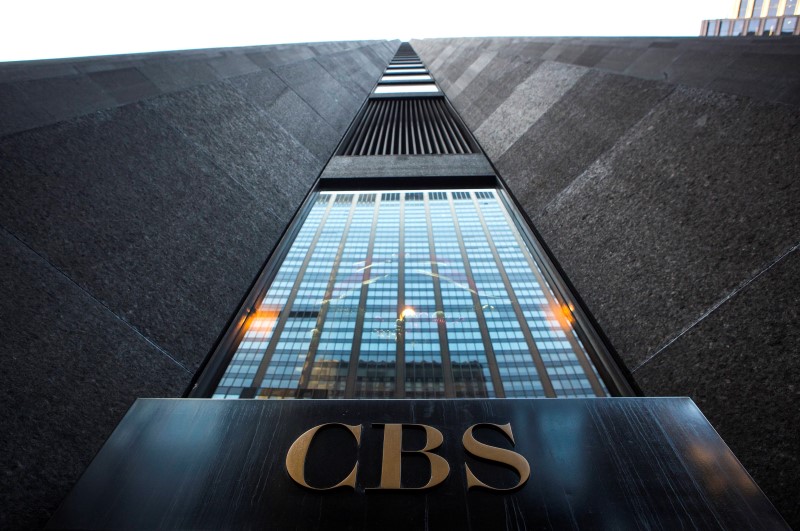By Rodrigo Campos
NEW YORK (Reuters) - For the last several years, big U.S. companies have lived by an unswerving rule: buy back shares to increase returns to shareholders.
Investors, too, have benefited from company spending habits as they bought shares of the biggest repurchasers.
This year has been a bit different. The buybacks have continued, but companies doing them have trailed the S&P 500 stock index as investors anticipate higher interest rates.
Headed into 2016, with the Federal Reserve beginning what many expect will be a prolonged, if slow, cycle of interest rate increases, analysts say the quality of a company's balance sheet could matter as much as whether it is reducing the number of shares on issue.
The Fed is expected to raise interest rates at the end of its Dec. 15-16 meeting for the first time in nearly a decade. While the increase in borrowing costs for big-name companies will be minor, it could continue if the Fed raises rates further in 2016.
"A quarter of a percentage point is not going to make much of a difference," said to David Joy, chief market strategist at Ameriprise Financial (N:AMP) in Boston. However, as the Fed keeps raising rates, those companies borrowing money to buy back their shares will likely be hurt most, he said.
With the Fed raising rates, those who borrow to buy shares could find it harder to justify their investments. This year, in part on the expectation of higher rates, the S&P 500 buyback index has trailed the benchmark (SPX) by more than four percentage points.
That's a notable change. Companies that return excess cash to shareholders have been big favorites of investors in recent years. Despite this year's underperformance, the S&P's buyback index has beaten the S&P by about 24 percentage points since the beginning of 2010.
Buying back shares perks up stock prices in two ways: it increases the demand for a specific stock, setting a floor under its price, while at the same time reducing the number of shares in circulation, thus increasing the dollar value of earnings per share.
A Reuters analysis shows that spending on buybacks has surged relative to investment, in part due to shareholder pressure and executive compensation programs that tie pay to per-share results.
Higher interest rates, of course, make borrowing to repurchase stock more expensive.
Companies that could be affected include CBS Corp (N:CBS), Coca-Cola Enterprises (N:CCE), Xerox Corp (N:XRX), Verisign, Time Warner and General Motors (N:GM). The group is part of a basket created by Goldman Sachs (N:GS) to track performance of companies with weaker balance sheets as measured by factors such as their leverage ratio and sales-to-assets ratio.
These companies are also notable for buying back plenty of stock, and the leverage and stock buybacks have made them steady winners during the long bull market that featured near-zero interest rates.
The six companies, however, have been a mixed bag in 2015: Verisign is a notable outperformer, up more than 60 percent, while GM shares are up just 1.6 percent and Time Warner has lost nearly 20 percent.
Goldman expects companies of this type are likely to underperform in 2016 as financial conditions tighten.
This is not to say buybacks are going to end. Buybacks from S&P 500 companies hit nearly $560 billion on a four-quarter rolling basis, according to S&P Dow Jones indices data.
That is the highest since the first quarter of 2008, and near the record of $589 billion for the four quarters of 2007. Goldman expects more than $600 billion in 2016 as companies struggle to deliver per-share earnings growth.
Credit Suisse (VX:CSGN) noted a number of companies that engage in a high level of buybacks also show declining returns on investment. They include widely held stocks like Anthem Inc (N:ANTM), up 4 percent year to date, L-3 Communications (N:LLL), down 1.6 percent in 2015 and Yahoo (O:YHOO), down more than 30 percent.
"When you reach a point in the market when valuations are reaching new peaks, there's uncertainty about how much longer these companies can buy back shares, and quality becomes more of a factor," said Ron Graziano, accounting and tax strategist at Credit Suisse's HOLT group in Chicago.
"That's when we expect some of these companies would come under some pressure."
